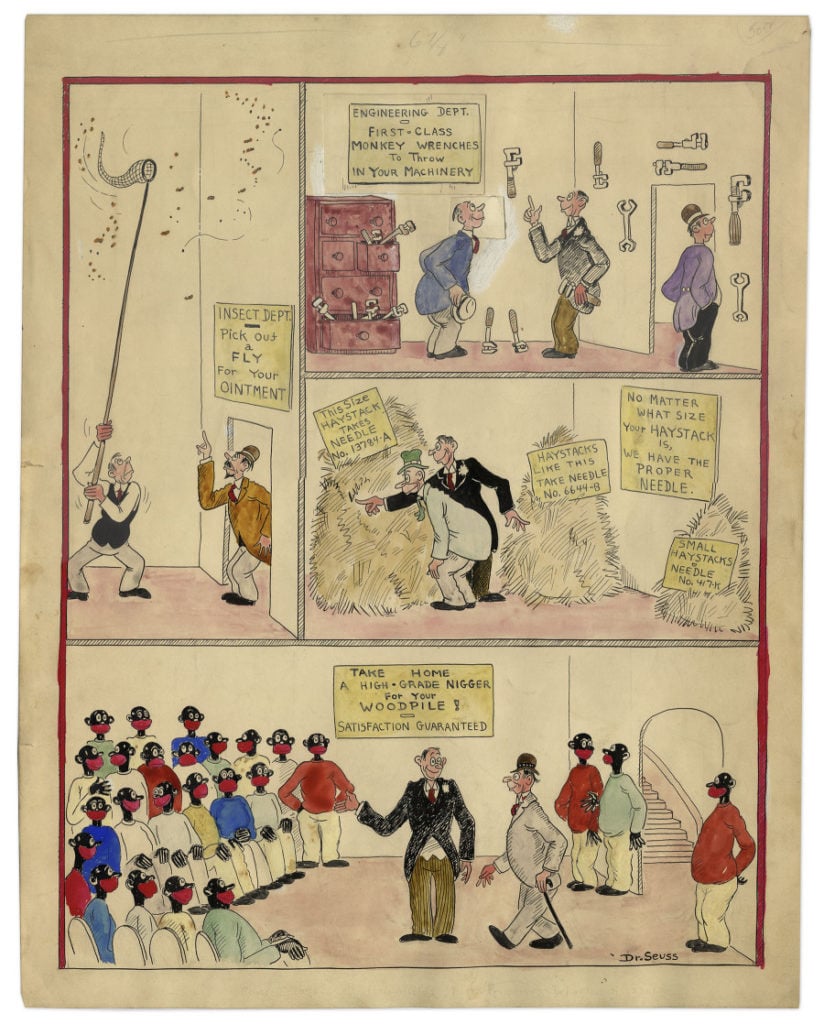Yesterday, during recess, my sweet and earnest 8-year-old June was called an "African-American monkey" by a boy in her class. Several times, apparently, and with hurtful intentions. Her teacher called me to de-brief while June was still at school, reported that the boy had been suspended, and that she was been checking in with June all afternoon. When June came home, I wanted to get an unadulterated account, so I didn't mention that I had spoken to her teacher and, instead, just asked for the usual report of her day. After a monologue on the inequity of bowling in PE class, she mentioned,
"Oh, and ______ called me an African-American monkey a bunch of times at lunch-recess."
"What?! What does that mean?"
"I don't know. Maybe he just knows that I'm good at the monkey bars."
"Did any of your friends stand up for you?" (her teacher had mentioned that she thought they had).
"Well, no, but I stood up for myself. I said, 'I AM African-American and ALSO Korean, but I'm NOT a monkey.'"
"June! I'm so proud of you!"
"Yeah, I don't know why he was having a bad day, but he had to go to the office."
"Oh, well, how do you feel about what that? And what he said?"
"I don't really know. But a bunch of teachers told me today that I'm beautiful for some reason. And Ms. Lemmon said I'm gorgeous. Maybe I want to be a 2nd grade teacher when I grow up instead of a nurse."
I had to excuse myself to cry in my closet for a moment-- mostly tears of relief that her tender sense of self-worth hadn't been too badly damaged.
Then, we asked ourselves all evening, "Where does a 2nd grader get these ideas from?!"
Appropriately, that morning, I had been grappling our public school approach to "Read Across America" --often characterized by lots of Dr. Seuss celebrations. As a literacy teacher, Dr. Seuss has always felt fundamental-- his phoneme/morpheme manipulation is brilliant! I'd thought that, if nothing else, his books are catchy and benign.
Not so, apparently, as lots of research has recently revealed a strongly white-supremacist undertone in his texts. And, occasionally, not so subtly.
NPR, as per its usual, has helped me process this as both a literacy educator and a mother of black daughters:
I have to admit, when I first learned of this research, I felt a bit skeptical. I mean, sure-- he had totally different views than I believe are ethical, but does that mean we have to scrap all the good that he DID contribute to the world of reading? and imagination? What about The Lorax?!
But then, what about this:


Granted, I know these are not the texts that my son is pouring over during his "Green Eggs and Ham Day," but ideologies like this are pervasive in all of one's creations.
So, "Where does a 2nd grader get these ideas from?!"
They come from Anna Quindlen's left-of-the-hyphen syndrome that I am discussing with my students today. Written shortly after September 11, 2001, her eight paragraphs in "Quilt of a Country" continue to capture the irony of our divisive, indivisible nation under God, on a playground in Eastern Washington on March 9, 2020. It's worth considering.











